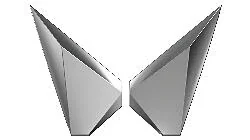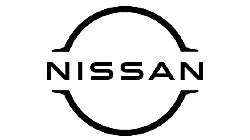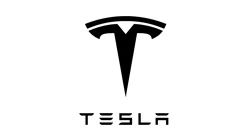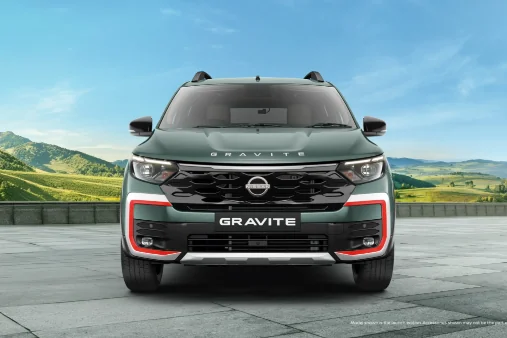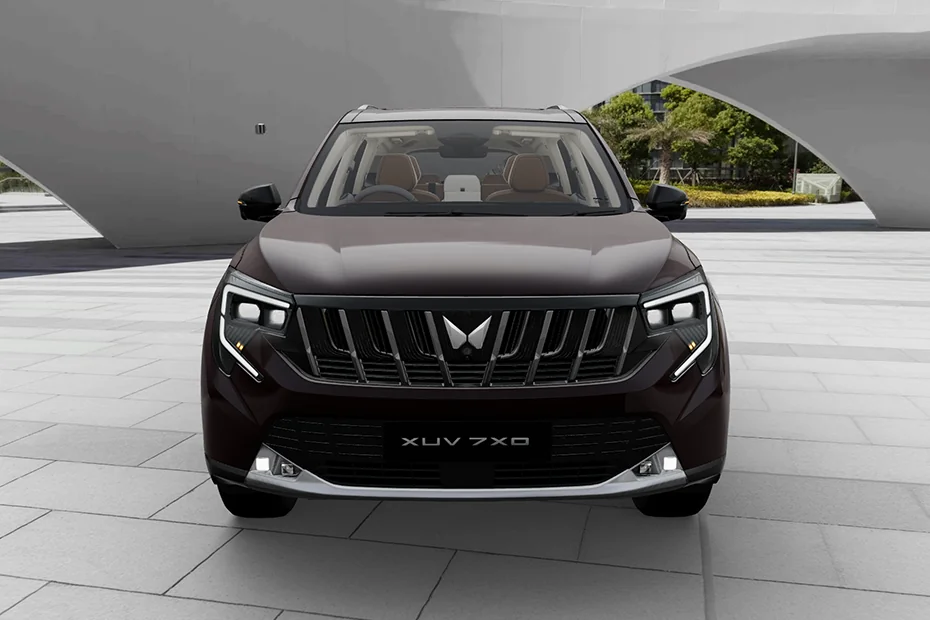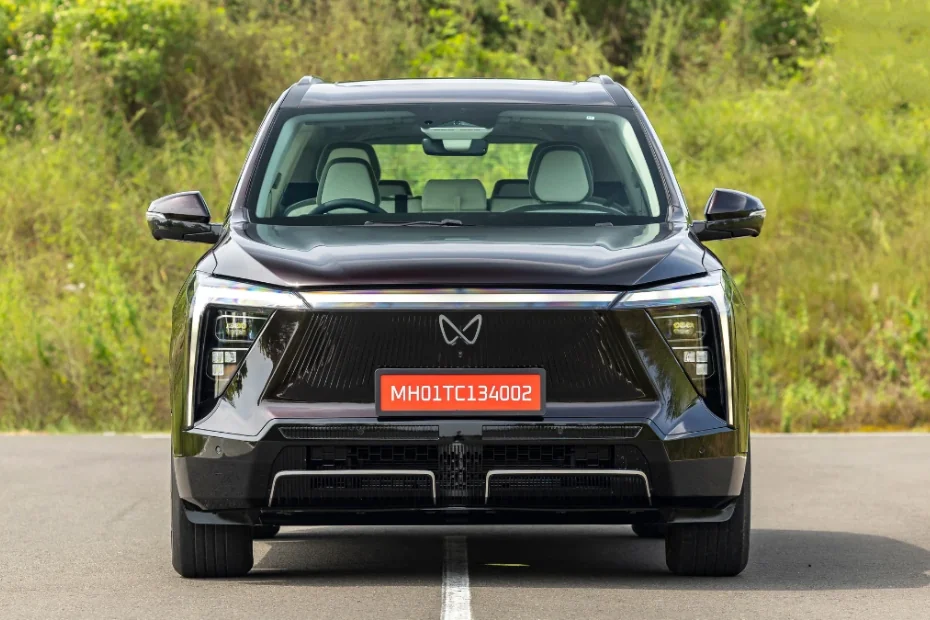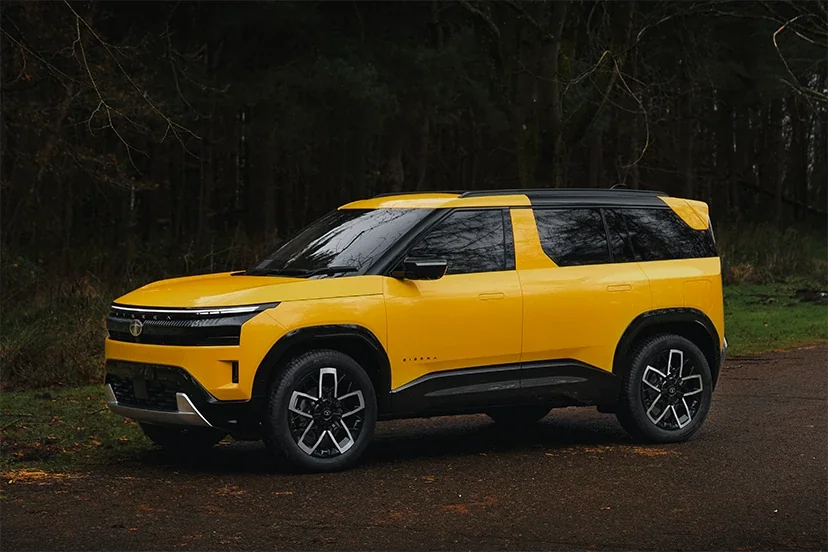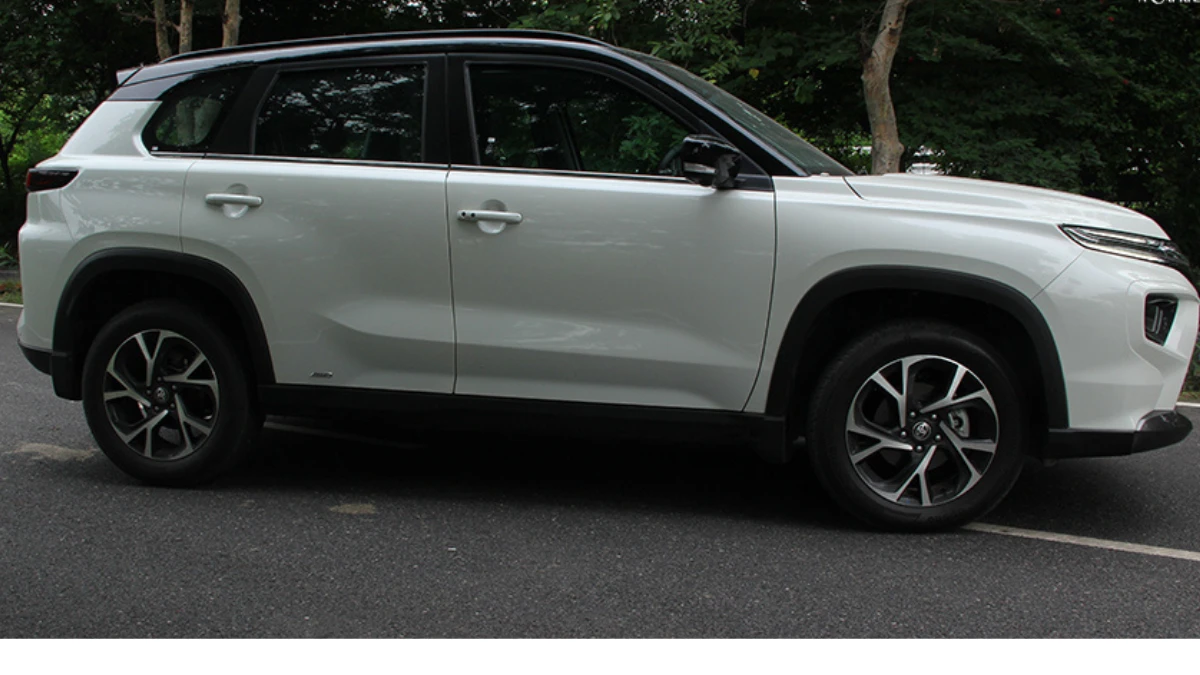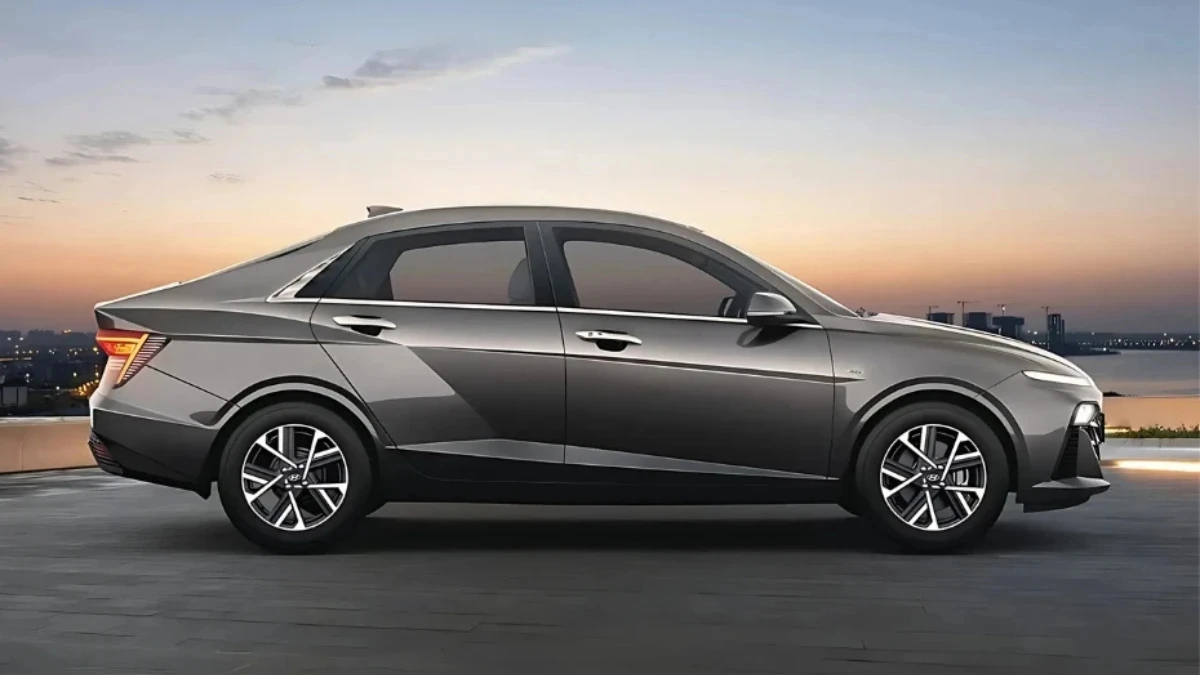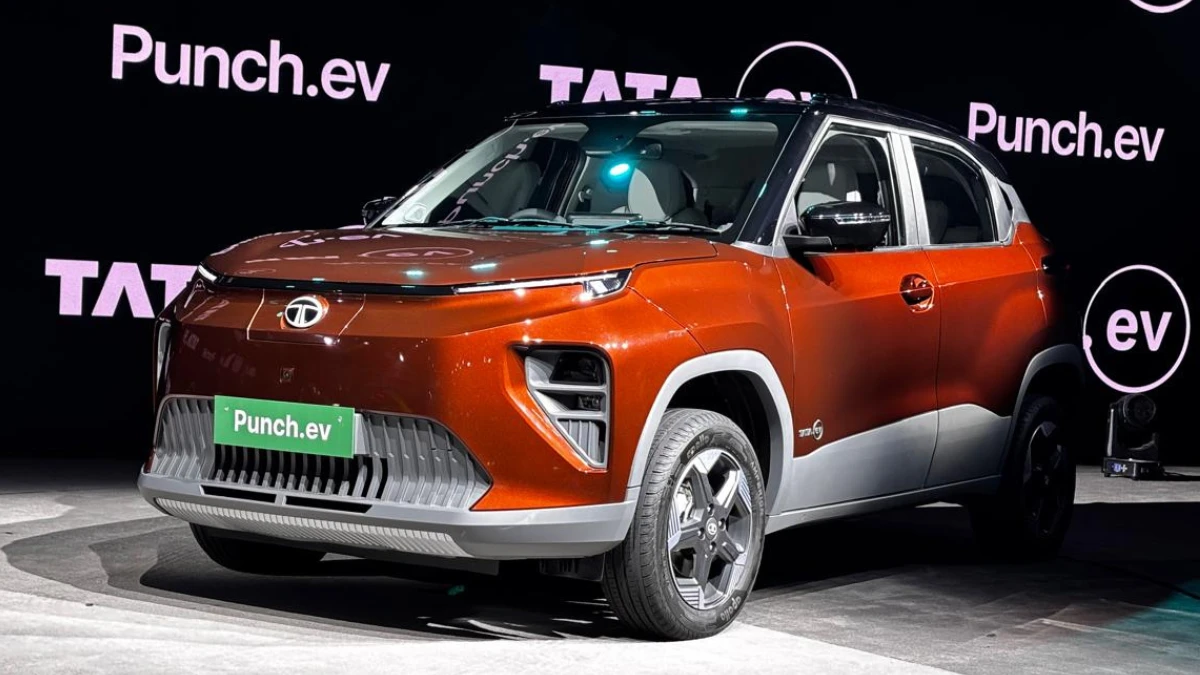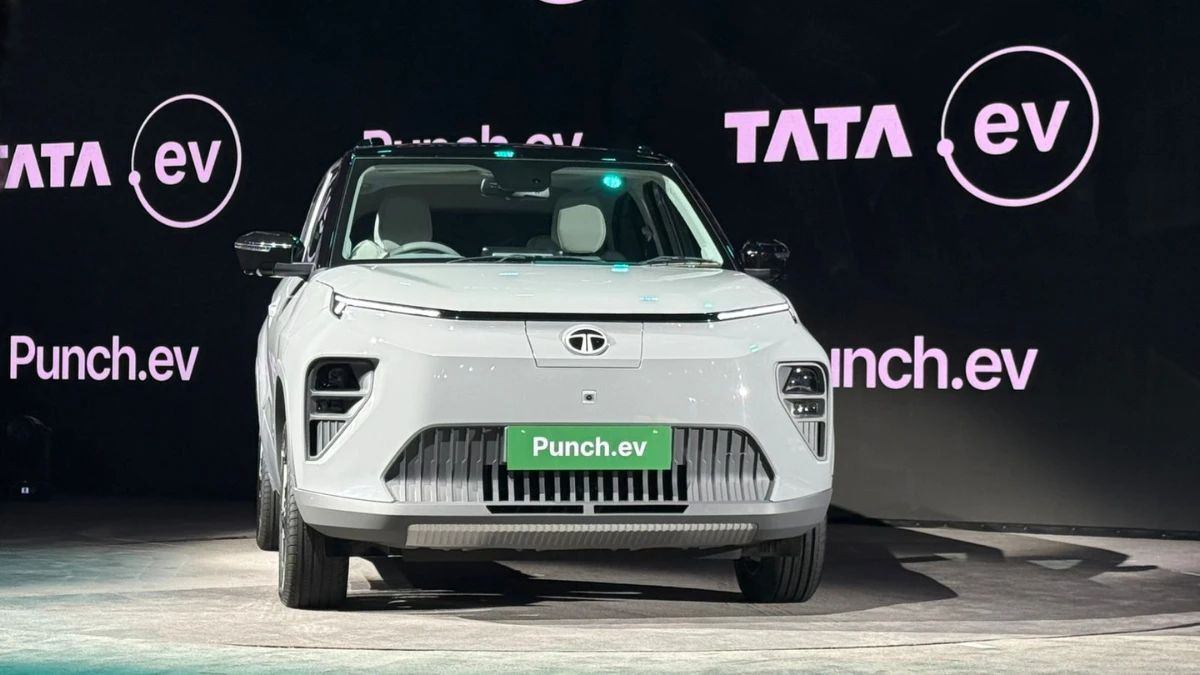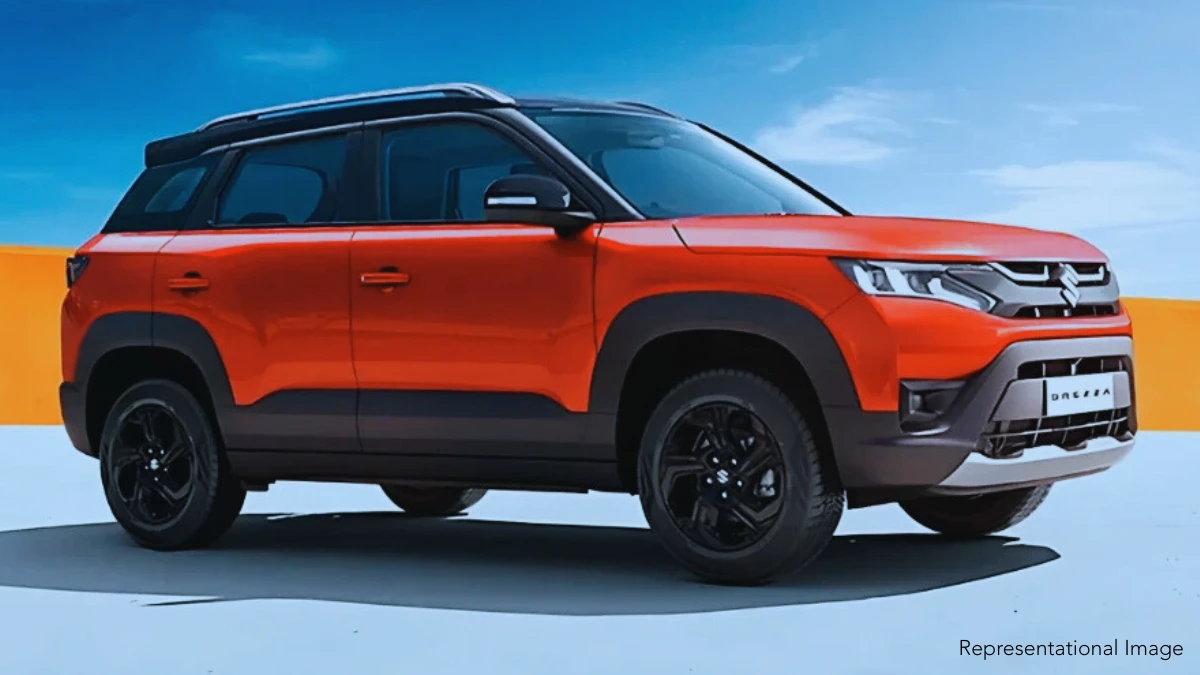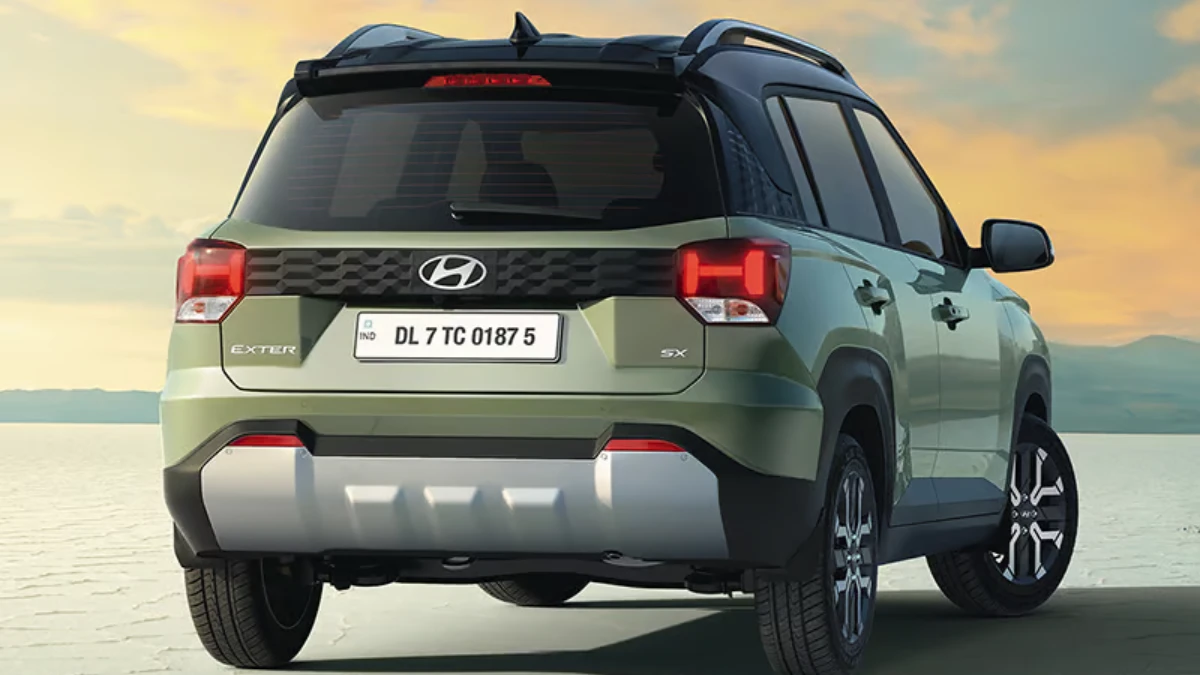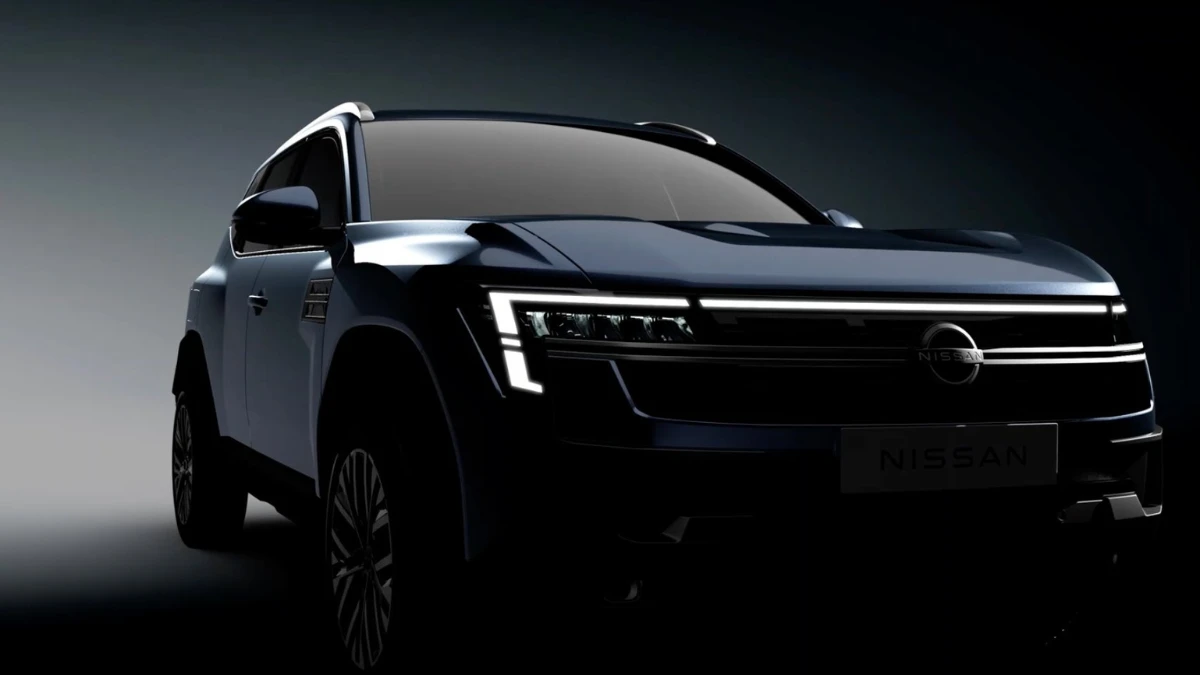Steering-Less Tesla Cybercab Robotaxi Revealed, to Cost Rs $30,000

Elon Musk-led Tesla has introduced its futuristic Cybercab Robotaxi in the United States, an electric vehicle that operates without a steering wheel or pedals. Powered by advanced AI, the Cybercab aims to change the way people travel, providing a cheaper alternative to public transport. Priced below $30,000 (around Rs 25.22 lakh), this self-driving taxi offers wireless charging and is designed for maximum autonomy.
No Steering, Pedals

Tesla’s Cybercab operates entirely on its own, thanks to Tesla’s Full-Self-Driving (FSD) software. With no need for human input, there is no steering wheel or pedals inside. The vehicle comes equipped with advanced sensors and AI technology that allow it to navigate roads, take passengers to their destinations and park without any manual control.
Cybertruck-Inspired Design

The Cybercab’s design is bold and futuristic, taking inspiration from Tesla’s famous Cybertruck. It features only two seats, with butterfly-style doors and large wheels covered with disc-shaped hubcaps. The dashboard has a minimalist design with just one central screen. Interestingly, the Cybercab relies on wireless charging, making it even more futuristic and convenient.
Affordability and Efficiency

At less than $30,000, it is set to be cheaper than many of Tesla’s current models. What’s more, the operating costs are extremely low – just 20 cents (20 paise) per mile (1.6km), compared to $1 (Rs 84) per mile for city buses. This makes it not only a practical choice for personal transport but also an economical alternative to public transportation. Elon Musk said that the Cybercab will revolutionise the taxi industry by offering a much cheaper and safer alternative to human-driven taxis.
How Practical is it?

It is designed to be mass-produced, with Tesla aiming to roll out this robotaxi by 2026. While it is touted as safer than any human-driven vehicle, there are still concerns about its ability to handle complex road environments. Industry experts argue that while the AI technology behind the Cybercab is advanced, it may not always predict or respond to unexpected situations as human drivers do.
Also, read Toyota Fortuner Rival 7-Seater Volkswagen SUV Coming to India
About Author
Uday Singh is a dynamic automotive journalist known for his concise yet comprehensive writing style and profound understanding of the industry. His passion for motoring has led him to quickly become a respected voice in automotive circles, offering insightful reviews and analyses that resonate with enthusiasts and industry insiders.
Top Car Brands in India
Top Car Brands in India
Trending Car News in India
Trending Cars in India
Trusted Dealer
All Over India
Irresistible Offers
Stay Updated, Pay Less
Compare Cars
Choose the Right Car
Easy Finance
Multiple Finance Options

Monday - Saturday
10:00am - 6:30pm
+91 7947722777, +91 7479000444, +91 9311718549
contact@carlelo.com























